We were lucky to catch up with Frank Murphy recently and have shared our conversation below.
Alright, Frank thanks for taking the time to share your stories and insights with us today. Did you always know you wanted to pursue a creative or artistic career? When did you first know?
I feel like I’ve always known I wanted to be in the media. As a kid, I emulated the speech and the non-accents of newscasters instead of the New York accents of my family members. To this day, people are surprised when I tell them that my parents are from The Bronx and that I grew up in Yonkers.
When my grandparents and other relatives came over for Thanksgiving, I put on a magic show for them. On other days, I would try to get my sisters to be the contestants on the imaginary game show I was hosting in my bedroom. In the grammar school playground, I would pretend that my pencil was a microphone and I was a sportscaster describing the games of tag or cat & mouse.
My father was a public-relations executive but before I was born he was a journalist. He did his best to dissuade me from pursuing a career in media but it didn’t work. I was editor-in-chief of my high school newspaper and president of the instructional television club. In college, I wrote for the campus paper and was a deejay on the student radio station. I sought part time jobs in radio and television and was eventually named station manager of the campus radio station.
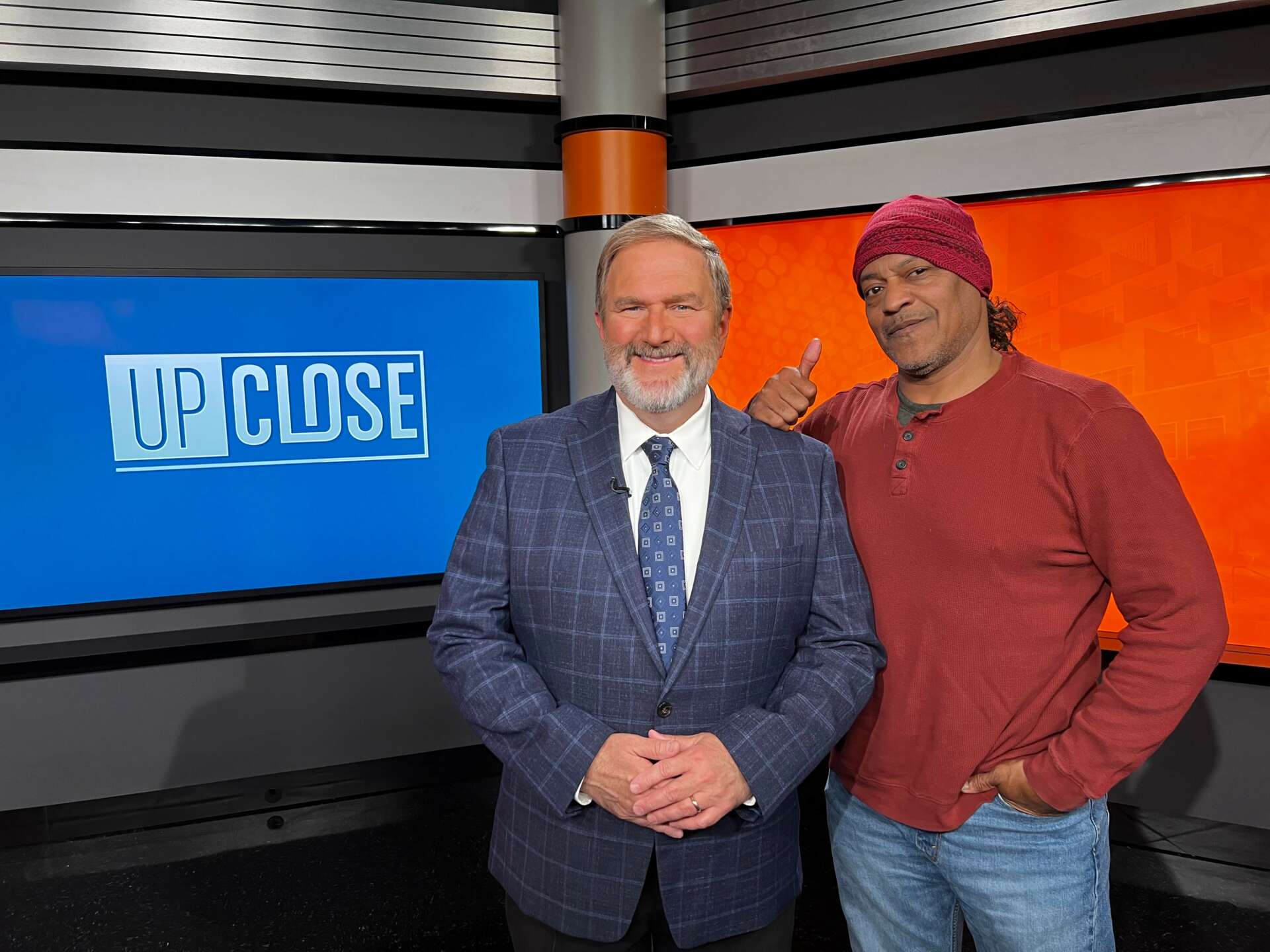
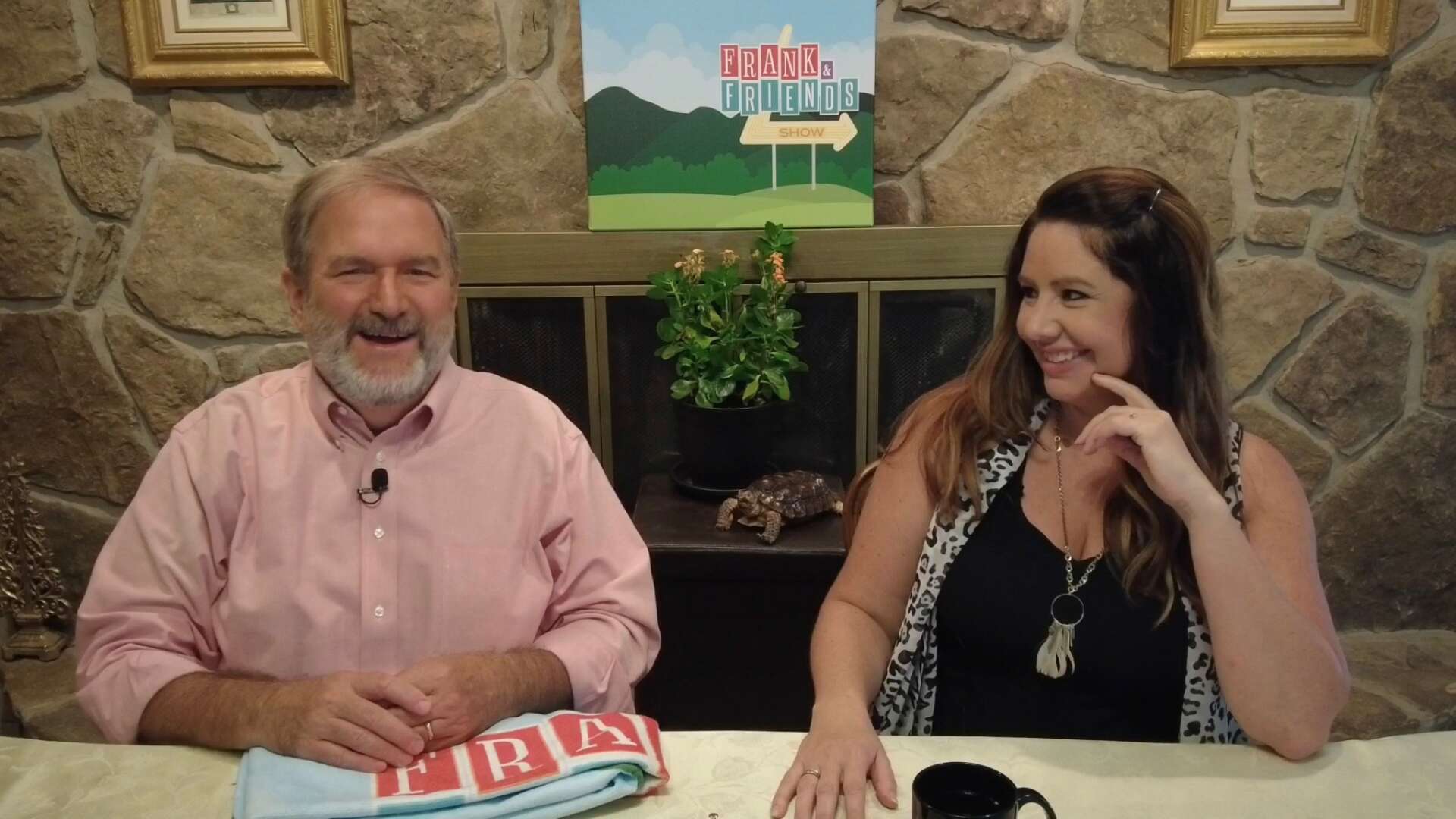
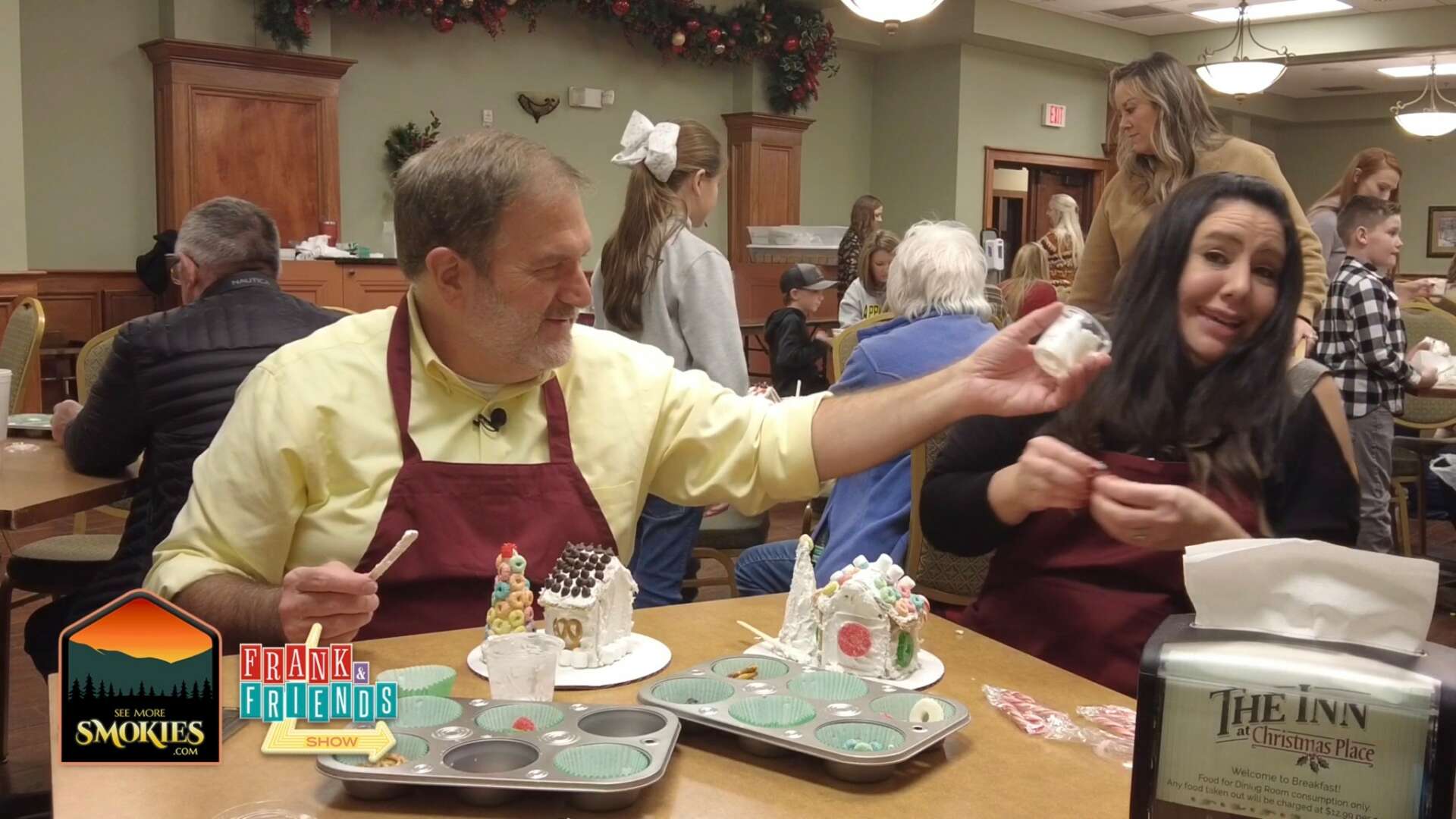
As always, we appreciate you sharing your insights and we’ve got a few more questions for you, but before we get to all of that, can you take a minute to introduce yourself and give our readers some of your back background and context?
Radio was my full-time job for most of my life. Now that the business has changed, I have multiple gigs, most of which started as side-hustles to my radio job. I have a radio gig providing voice-tracks for LakeFM in Knoxville, which you can hear at LakeFM.com. . To the listeners, it probably sounds like I work there full-time. In 2020, I started a podcast and YouTube channel called the Frank & Friends Show that I hope to monetize as I gain subscribers.
I host two TV shows on East Tennessee PBS. We record about 60 new episodes per year of the high-school academic tournament Tennessee Scholars’ Bowl but the show airs every weekday thanks to reruns of past seasons. I also host a thirty-minute interview show called Up Close with Frank Murphy that airs once a month in a late-night slot. Both shows are also available on the PBS Video App.
I perform on-stage weekly with Knoxville’s long-running comedy improv troupe Einstein Simplified. I emcee speaking engagements for legendary forensic anthropologist Dr. Bill Bass, creator of The Body Farm, a/k/a the University of Tennessee Forensic Anthropology Center.
I started in radio while I was in college. There was a small AM radio station near my parents’ house. I went there at the beginning of the summer to ask about a job and was hired immediately. It turned out that they were bankrupt and couldn’t pay me but I would be on the air, which was a dream of mine. One day I got a call on the request line from a guy offering to hire me for his mobile deejay business. I worked on the air for free but got paid to deejay wedding receptions and private parties.
The following year, I was made station manager of my college radio station because I had commercial radio experience. They didn’t know I had worked for free. I treated the tiny AM campus station like it was a big deal. We did an “air band” contest at the annual college spring festival and I invited TV news reporters to judge the contest. They reported about the experience on the news, which led to a major radio station calling to ask me to help them stage a similar contest. I negotiated that into a summer internship. I got hired as a part-time promotions assistant when my internship ended. After a few months, I was offered a full time job. Including my internship, I stayed at that station for almost eight years.
For over ten years I worked as the producer of high-profile morning radio shows, first in Washington, DC and then in Los Angeles. I liked that the morning deejays spent more time talking than playing songs. Our job was to make people laugh. When I realized that I wanted to be a host rather than a producer, I took some improv classes through the City of Burbank Department of Parks and Recreation.
Improv immediately clicked with me. I was only disappointed that I had not tried it sooner. The basic skills of improv are listening, accepting , and supporting. I feel that improv has made me a better broadcaster in general and a better interviewer specifically. As a deejay, it’s fun for me to crack a joke that is inspired by a song title or a local news story. As a television host of a high-school quiz show, it’s important to go with the flow and not have a preconceived idea about what might happen in the game. Listening skills are crucial to hosting a half-hour interview show on East Tennessee PBS and to hosting my own podcast.
Is there something you think non-creatives will struggle to understand about your journey as a creative? Maybe you can provide some insight – you never know who might benefit from the enlightenment.
A contestant on Tennessee Scholars’ Bowl asked me if I get nervous while hosting the show. Others have told me that they would have stage fright if they had to try comedy improv. The comments made me realize that I get “stage calm” instead of stage fright. A friend and I were invited to perform an improv set at an arts showcase in Knoxville. The other acts were eclectic and there was a sense of disorganization backstage. The performer before us was going to dump a bucket of water over her head while reciting a Shakespeare monologue. I was wearing a Fitbit that recorded my heart rate, which had gotten much higher than usual from the stress. As soon as my friend and I walked on stage, my heart rate dropped to a relaxed level.
Performing eases the insecurity that nags at me. Of course it comes with a risk. If the performance goes poorly, the insecurity will get worse. But that risk pushes me to try harder to succeed.
Interviewing people on radio and TV works best when I have prepared in advance by researching the guest but during the actual interview, I utilize improv skills to actively listen and to come up with follow-up questions on the spot.
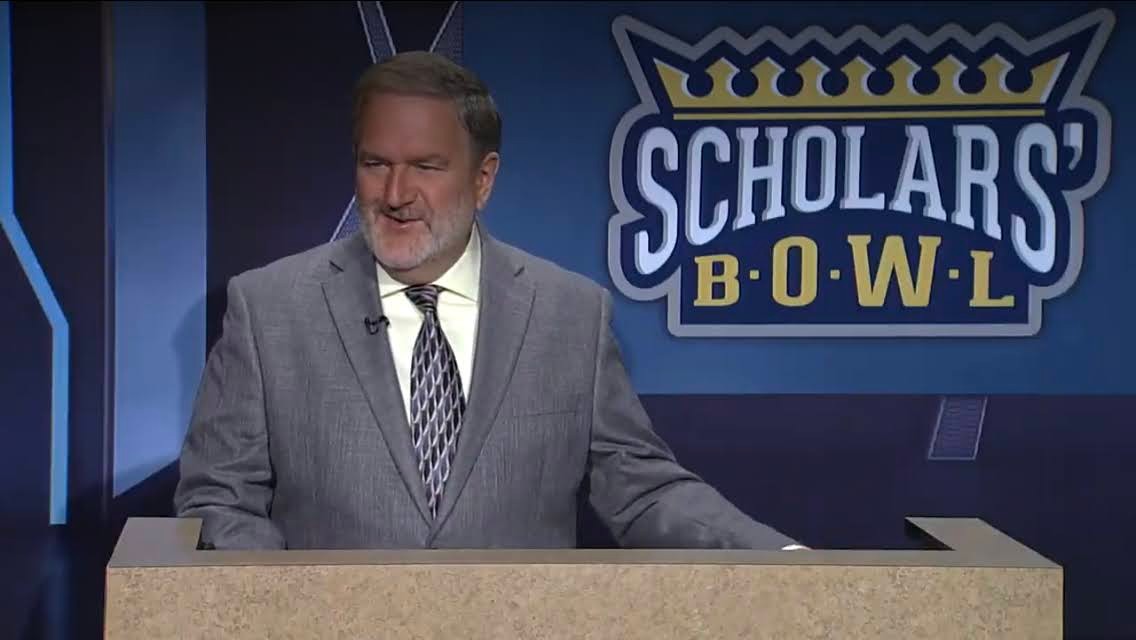
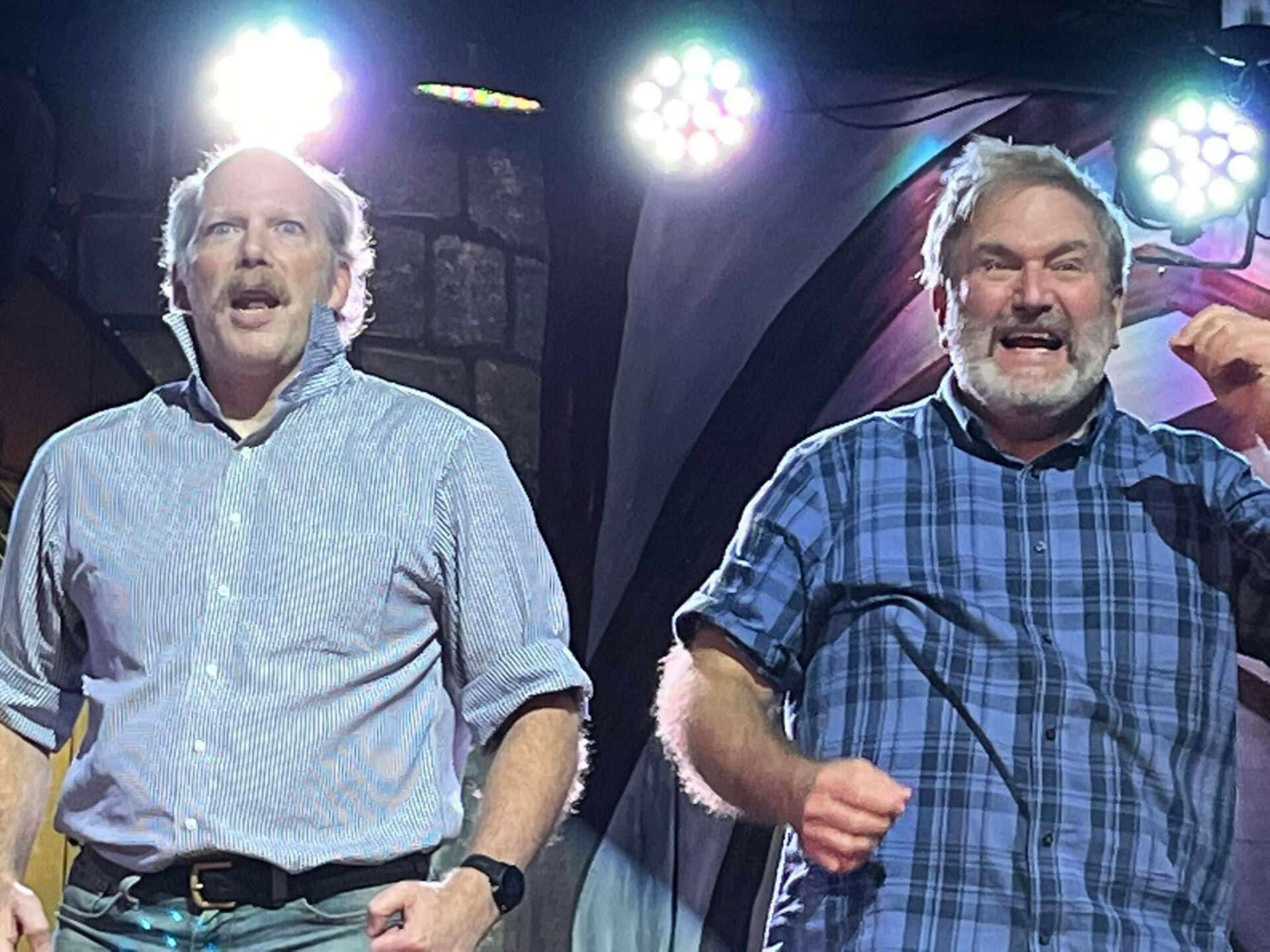
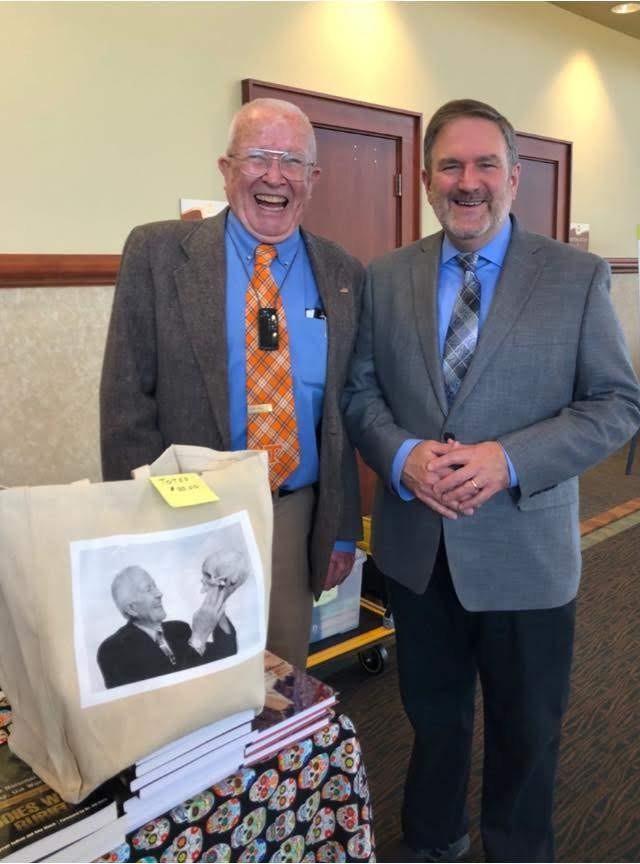
We’d love to hear a story of resilience from your journey.
The radio industry has changed dramatically over the years. Previous generations had to relearn the business when deejays replaced live dramas and when tape cartridges replaced records. My generation made the switch to CDs and then to WAV files. The move to computer automation has been a constant relearning process. Different radio companies use different audio software that you have to learn if you want to be able to do the job. I prefer to learn the new software’s ins and outs and use it to make my on-air shift sound as good as it can.
Radio companies have drastically reduced the number of people working at each station by utilizing deejays from other cities to voice track a music shift. I spent most of my career as an employee of a radio company with salary and benefits. Since 2021, I’ve been on the air as an independent contractor, voice-tracking a music shift from my home. I now get 1099 forms instead of W-2 forms. Rather than get stressed about the dearth of opportunities for local morning radio shows, I started my podcast and YouTube channel as to do my own show in my own way.
Thank you for the opportunity to tell my story in CanvasRebel. I appreciate it! I hope you’ll take a moment to watch or listen online.
Contact Info:
- Website: https://www.frankandfriendsshow.com/
- Instagram: https://www.instagram.com/frankandfriendsshow
- Facebook: https://www.facebook.com/FrankAndFriendsShow
- Linkedin: https://www.linkedin.com/in/frankmurphy/
- Twitter: https://twitter.com/FrankMurphyCom
- Youtube: https://www.youtube.com/FrankAndFriendsShow
- Other: https://instagram.com/FrankMurphyCom https://facebook.com/FrankMurphyCom https://youtube.com/FrankMurphyCom https://twitter.com/FrankNFriendsSh
Image Credits
East Tennessee PBS BoneZones.com Heather Harris Frank & Friends Show


